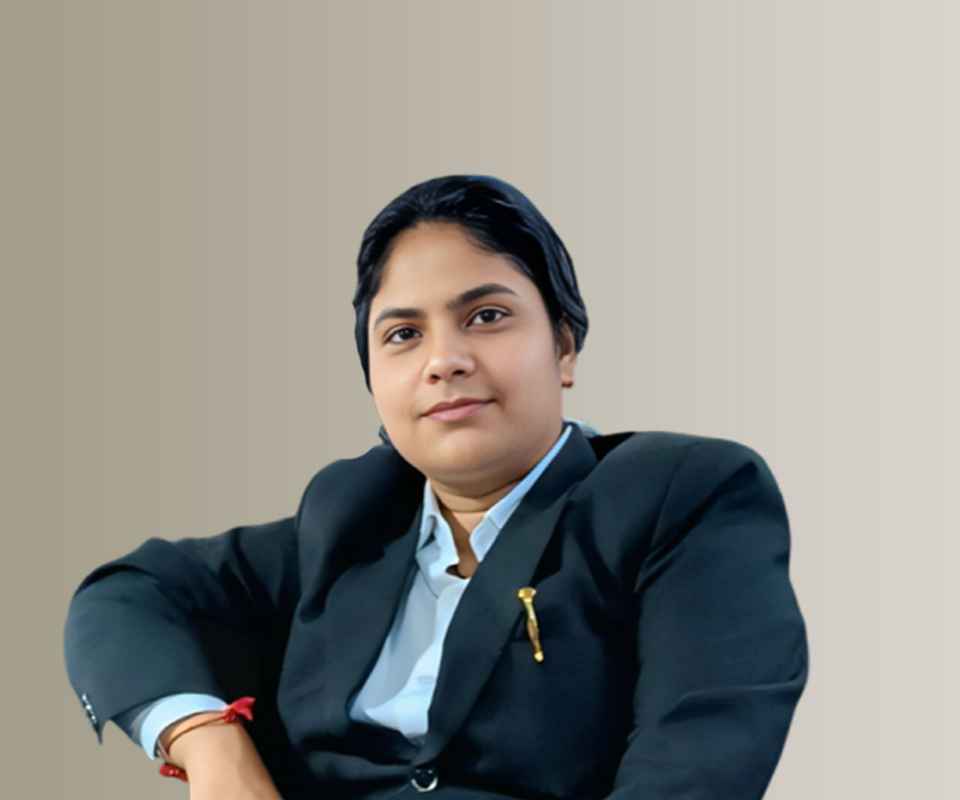Answer By law4u team
Yes, a divorced wife can claim maintenance after the divorce under certain legal conditions. This post-divorce support is often referred to as alimony or spousal maintenance and can be claimed if the wife is unable to support herself after the divorce due to financial reasons or other circumstances.
Grounds for Post-Divorce Maintenance:
Financial Inability to Support Herself:
The wife may claim maintenance if she is financially unable to support herself after the divorce. This includes situations where she may have been a homemaker during the marriage or where her income is insufficient to maintain the standard of living enjoyed during the marriage.
Standard of Living During Marriage:
Courts consider the standard of living the wife had during the marriage and will aim to maintain a similar lifestyle, provided the husband has the means to pay. If the wife is accustomed to a certain quality of life, the court may order maintenance to help her sustain that after divorce.
Length of the Marriage:
The duration of the marriage is an important factor. In long-term marriages, courts are more likely to grant maintenance, especially if the wife has been financially dependent on the husband for a significant period.
Wife’s Health and Age:
If the wife is of advanced age, ill, or unable to work due to health reasons, she may be entitled to receive maintenance. In such cases, the husband may be required to provide financial support to ensure the wife’s well-being.
Wife’s Conduct:
In some cases, the wife’s conduct during the marriage and divorce may be considered. For example, if the wife is found guilty of cruelty or abandonment, the court may reduce or deny maintenance. However, this is assessed on a case-by-case basis.
The Husband’s Ability to Pay:
The husband's income and assets are also a crucial factor in determining whether he is capable of paying maintenance. The court assesses his financial capacity to ensure that the amount of maintenance ordered is reasonable and fair.
Legal Provisions for Maintenance After Divorce:
Section 125 of the Code of Criminal Procedure (CrPC):
Under Section 125 CrPC in India, a divorced wife can claim maintenance if she is unable to maintain herself. This provision is available to wives who are either divorced or separated, and the amount of maintenance is determined by the court.
Section 24 and 25 of the Hindu Marriage Act, 1955:
Under the Hindu Marriage Act, a wife can claim interim maintenance during the divorce proceedings and permanent alimony after the divorce is finalized. Section 25 allows the court to grant maintenance even after the divorce, based on the wife’s needs and the husband's ability to pay.
Other Personal Laws:
For Muslim women, the Muslim Women (Protection of Rights on Divorce) Act, 1986 allows a divorced wife to claim maintenance from her ex-husband for a period of three months after the divorce, but she can claim further support under Section 125 CrPC if her financial condition warrants it.
Agreement or Settlement:
If the divorced couple has reached an out-of-court settlement or mutual agreement, the wife may receive a one-time lump sum amount or regular payments as agreed. This settlement is legally binding if formalized through court approval.
Enforcement of Maintenance Orders:
If the husband fails to pay maintenance after the divorce, the wife can seek legal action. This can include filing a contempt petition in family court or requesting the court to take enforcement actions such as salary deductions or property attachment.
Example:
If a wife is divorced after 20 years of marriage and has no independent source of income, she may claim maintenance under Section 25 of the Hindu Marriage Act. The court would assess her financial condition, the husband's income, and the standard of living enjoyed during the marriage to determine an appropriate amount of monthly maintenance.
Conclusion:
A divorced wife can claim maintenance if she is unable to maintain herself post-divorce due to financial need, health issues, or other factors. The maintenance amount is determined by the court based on various factors such as the standard of living during the marriage, the duration of the marriage, and the husband's ability to pay. Legal remedies are available if the husband fails to comply with the maintenance order.






